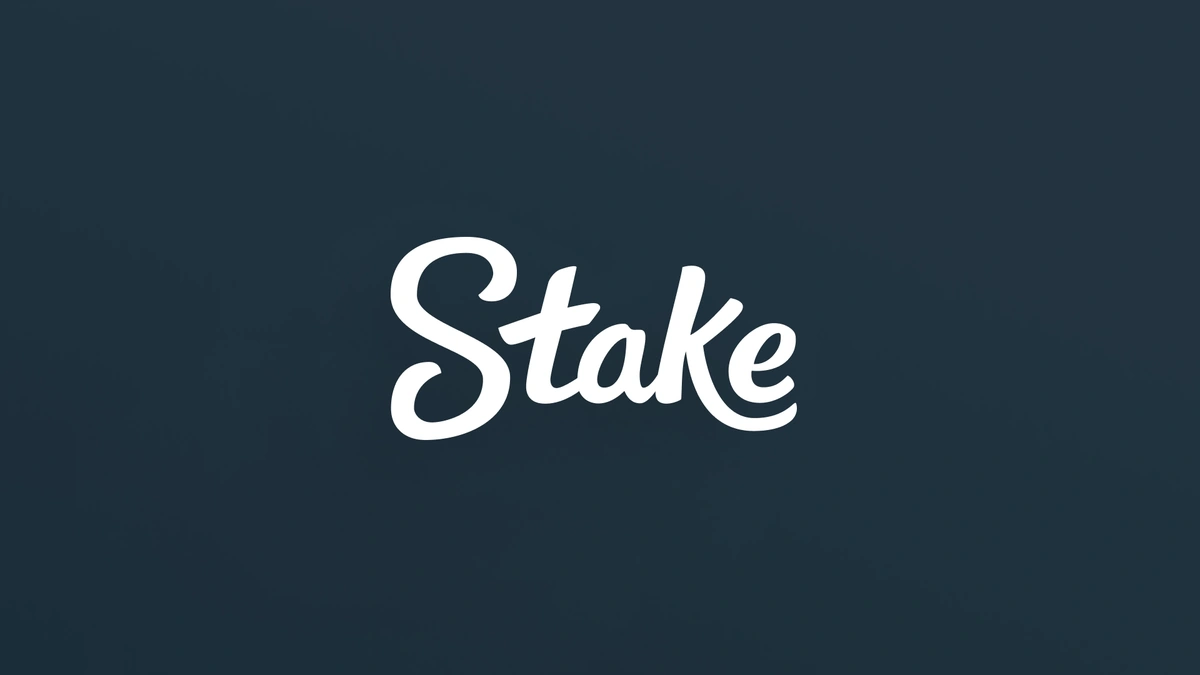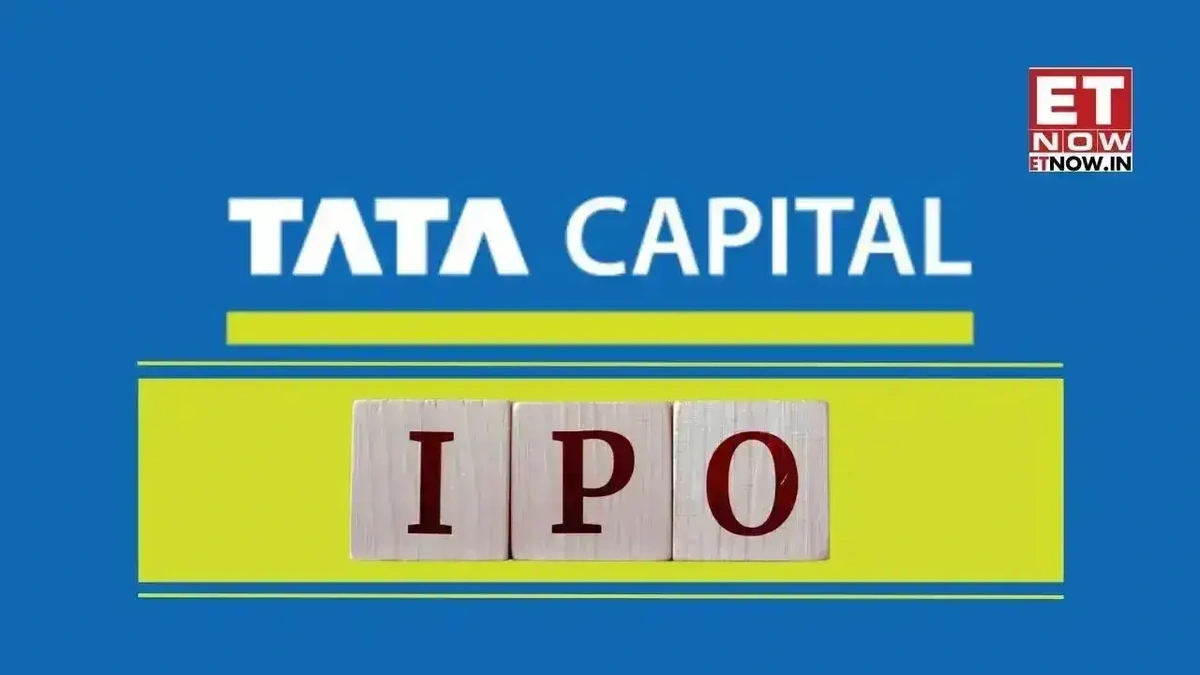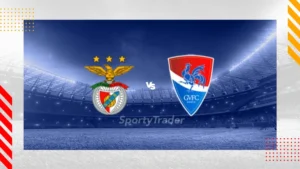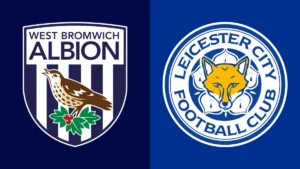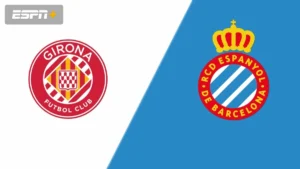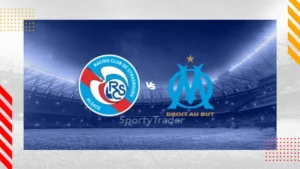Unlocking the Secrets of ‘Stake’ | Why It’s More Than Just a Vampiric Tool
Alright, let’s talk about the word ” stake .” Seems simple, right? A pointed piece of wood. Maybe you’re thinking of vampires. But here’s the thing: ‘stake’ is a seriously versatile word with layers of meaning that ripple through finance, gambling, and even our everyday conversations. What fascinates me is how a single word can carry so much weight, shaping decisions and defining risks. So, let’s dive deep, peel back the layers, and understand why this seemingly basic word is actually a power player.
The ‘Skin in the Game’ Stake | More Than Just Money
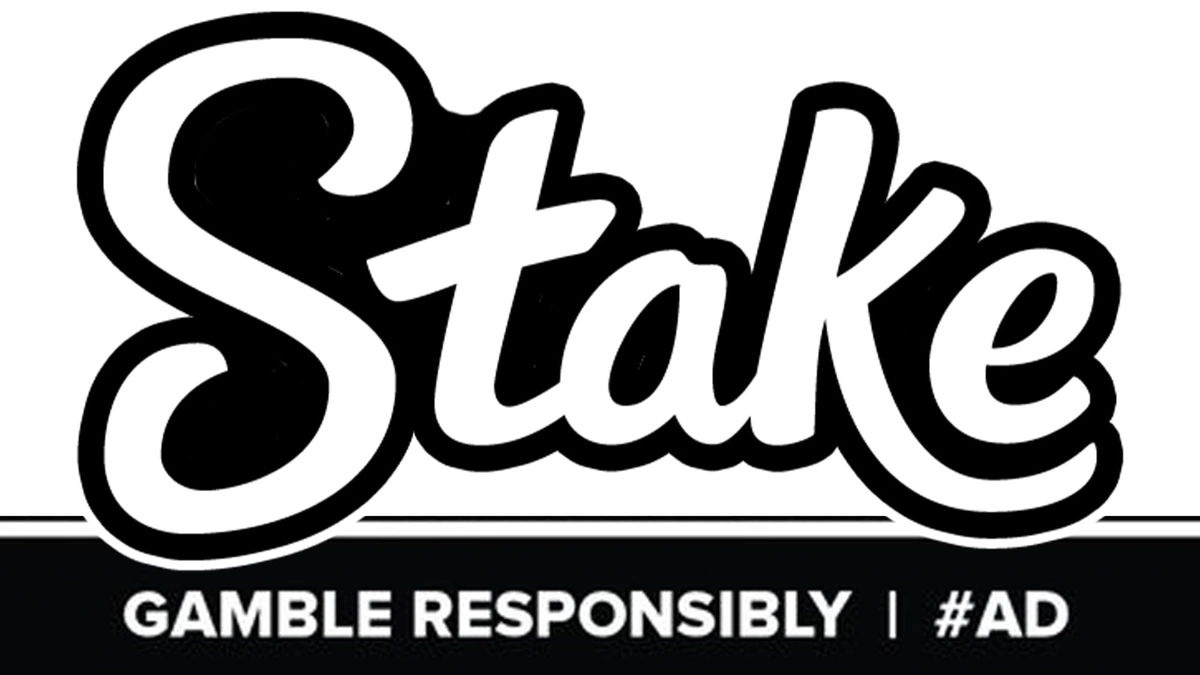
When someone says they have a ” stake in the company ,” they’re not talking about driving a sharpened stick into its heart (hopefully!). Instead, they’re referring to their investment, their ownership, their piece of the pie. Now, having a financial stake in a business changes things. It’s not just about punching the clock; it’s about caring deeply about the outcome. It’s about ‘skin in the game,’ as Nassim Nicholas Taleb would say. This concept goes beyond mere monetary investment. Think about it – when you volunteer for a cause, you have a stake in its success. It’s about the vested interest, the commitment that fuels action. This is why companies often offer employees stock options – to create that sense of shared ownership and drive performance.
High Stakes and Gut Feelings | The Psychology of Risk
Ever felt that knot in your stomach when the stakes are high? That’s your brain screaming at you to pay attention. ” High stakes ” situations tap into our primal instincts. Think about a crucial cricket match. The tension is palpable, not just for the players, but for the millions watching. But, here’s a trick, a common mistake I see people making: confusing the size of the stake with the actual risk. A small bet for someone wealthy might be a low-risk situation, while the same bet could cripple someone else. Risk, you see, is relative. Let me rephrase that for clarity – it’s not just about the amount you’re wagering, but what that amount means to you. And that’s where gut feeling plays a part. Understanding your risk tolerance is key to making rational decisions, even when emotions are running high.
‘Staking’ Your Claim | From Mining Rights to Blockchain Rewards
The word ” staking ” also pops up in less obvious corners of our world. In the old days, prospectors would literally drive stakes into the ground to claim mining rights. It was a physical declaration of ownership. Today, that concept has evolved. We see it in the digital world with cryptocurrency staking. Now, I initially thought this was straightforward, but then I realized the jargon can be confusing. Essentially, you’re locking up your crypto holdings to support a blockchain network and, in return, you earn rewards. According to Binance Academy, crypto staking rewards offers incentives for token holders to participate in the validation and governance of the blockchain. It’s like earning interest on your crypto, but with the added benefit of helping to secure the network. This can come with risks, such as price volatility. The value of your staked assets could decrease during the staking period, potentially offsetting any rewards earned. A crucial part to consider when staking cryptocurrency is understanding the underlying technology and the specific risks associated with each platform.
Steak in Negotiation and Conflict
Stake also refers to the thing or things that can be won or lost in a game, contest, or any situation involving uncertainty. Negotiators often talk about understanding each party’s “stakes” – what are they fighting for? What are they willing to concede? What matters most to them? Understanding these underlying motivations is crucial for reaching a mutually beneficial agreement. Because, let’s be honest, every negotiation is a dance, a careful balancing act of needs and desires. It is not about being adversaries but collaborators. A common mistake negotiators make is assuming they know what the other party values. Always verify! For example, one company may value public image more than money. This insight provides the negotiator a bargaining chip.
Beyond the Game | Stakes in Life and Legacy
But it’s not just about money or crypto or negotiations. Ultimately, our biggest “stakes” are the things we value most in life – our relationships, our health, our purpose. What legacy do we want to leave behind? What mark do we want to make on the world? These are the questions that truly matter, the questions that define us. And when you frame it that way, the everyday challenges seem a little less daunting, a little less overwhelming. And, so, consider your ‘stakes’ in this game of life. Are you playing to win, or are you simply going through the motions?
As per the guidelines mentioned in the information bulletin on the official website, CSIR NET exams are a way to maximize your career stake . You can find further details on the official CSIR NET website.
FAQ About Stakes
What exactly does it mean to have a stake in something?
It means you have a vested interest or ownership in it. It could be financial, emotional, or something else entirely.
Why is understanding risk important when there are high stakes?
Because emotions can cloud your judgment. Understanding your risk tolerance helps you make rational decisions.
How does staking work in cryptocurrency?
You lock up your crypto to support the network and earn rewards in return.
What are some examples of stakes in everyday life?
Your relationships, your health, your career, your reputation – anything you value.
How does stake work in finance?
It generally involves an amount risked when buying something, especially with an uncertain outcome.
